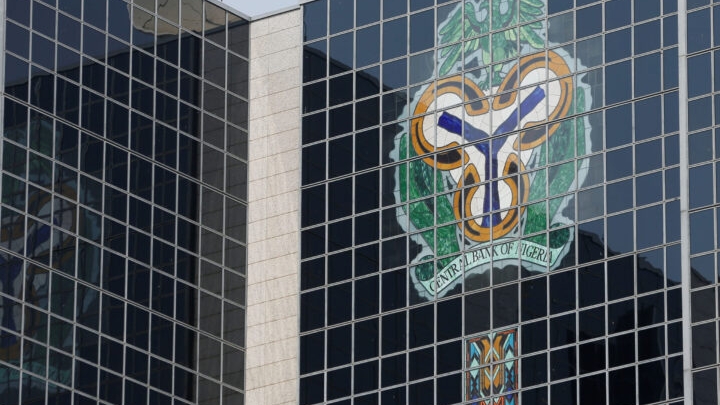-
The Federal Government of Nigeria has acknowledged the recent imposition of a 14% tariff on Nigerian exports by the United State.
-
The government is committed to mitigating the impact while accelerating economic diversification.
The Federal Government of Nigeria has acknowledged the recent imposition of a 14% tariff on Nigerian exports by the United States, stating its commitment to mitigating the impact while accelerating economic diversification.
This development comes as US President Donald Trump slapped a global tariff on all US trading partners, sparking fears of heightened uncertainty and potential reciprocal tariffs.
The Nigerian government, in a statement signed by the Honourable Minister of Industry, Trade and Investment, Dr. Jumoke Oduwole, noted that while oil has long dominated Nigeria’s exports to the US, non-oil products—many previously exempt under the African Growth and Opportunity Act (AGOA)—now face potential disruption.
The new 10% tariff on key categories may impact the competitiveness of Nigerian goods in the US market.
“For businesses in the non-oil sector, these measures present destabilizing challenges to price competitiveness and market access, especially in emerging and value-added sectors vital to our diversification agenda,” the statement read.
Nigeria’s exports to the US have averaged $5-6 billion annually over the past two years, with crude oil and mineral fuels accounting for over 90%.
Non-oil exports, such as fertilizers, urea, lead, and agricultural products, make up less than 5% of total shipments.
The new tariffs may reduce the competitiveness of Nigerian businesses in value-added and agro-processing sectors in the US market.
However, the government sees this as an opportunity to fast-track export diversification and improve compliance with international standards.
“We are approaching this moment with pragmatism and purpose—turning global trade challenges into opportunities to grow our non-oil export footprint and build a more resilient economy,” Dr. Oduwole said.
The Tinubu administration has rolled out policy, financing, and infrastructure measures to help Nigerian businesses adapt, including:
READ ALSO: Trump Revokes Security Clearance for Biden, Kamala, Clinton,Others
The Nigerian government remains in active consultations with US trade representatives and the World Trade Organization (WTO) to address the implications of the new tariffs.
This follows a recent meeting between the US Ambassador and the Minister on March 26, 2025, where both nations reaffirmed their commitment to strengthening bilateral trade ties.









![JUST IN: Car Glides, Falls Off Otedola Bridge [VIDEO] Daily Report Nigeria JUST IN: Car Glides, Falls Off Otedola Bridge [VIDEO] | Daily Report Nigeria](https://dailyreport.ng/wp-content/uploads/2025/04/eeeooowww_1744019497-200x166.jpg)







Leave a comment